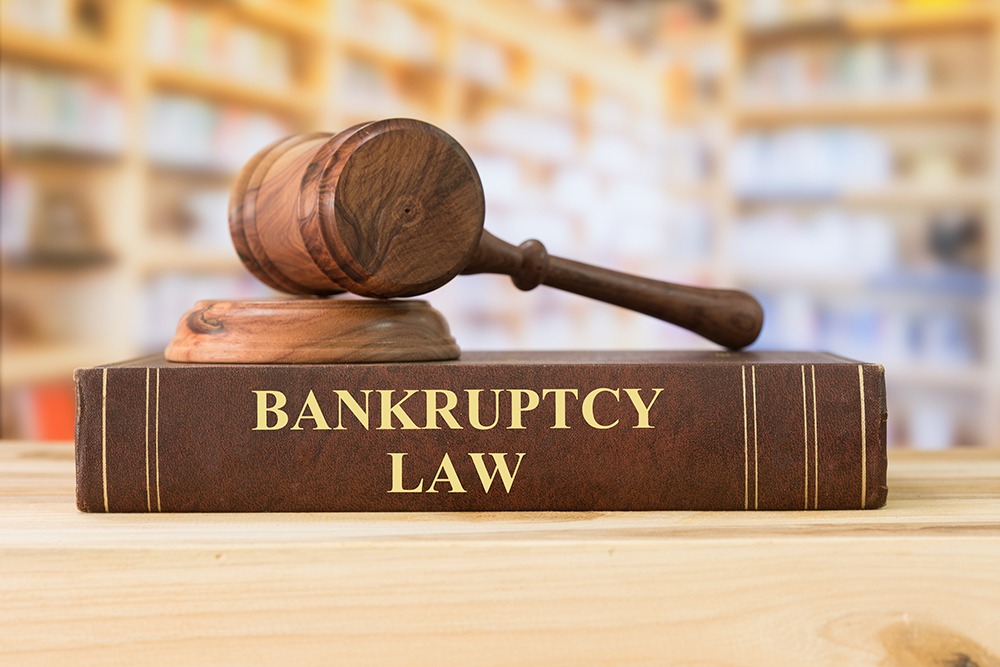
Bankruptcy Anti-modification
Al elegir a su próximo abogado de bancarrota en Miami, debe asegurarse de que él o ella tenga conocimiento de lo siguiente, ya que puede demostrar que es importante en su caso.
In bankruptcy, debtors have the ability to strip down or strip off mortgages and liens on real property as long as the real property is worth less than the mortgage or lien. However, when the real property constitutes the principal or primary residence of the debtor, the anti-modification provision applies.
The anti-modification provision states that a mortgage or lien cannot be stripped on the debtor’s principal or primary residence if the mortgage or lien has any security. This means that if a mortgage or lien has even $1 dollar of secured value, the mortgage or loan cannot be modified if it is the debtor’s principal or primary residence. However, this anti-modification provision does not apply when: 1) the real property is not the principal or primary residence of the debtor, such as investment property or second homes; or 2) when the mortgage or lien is secured by something other than the primary or principal residence.
Por ejemplo, digamos que está en bancarrota y su residencia principal es un condominio en Miami y tiene una hipoteca y un valor asegurado de $ 400,000. Su abogado de bancarrota en Miami puede aconsejarle que su hipoteca no puede ser modificada porque su hipoteca está asegurada en cierta medida.
However, when discussing what it means to have a security interest in something other than the primary or principal residence of the debtor, we have to look at the loan documents. In Chapter 13 and Chapter 11, the Bankruptcy Code states that claims secured only by real property constituting the principal residence of the debtor cannot be modified. 11 U.S.C. §1322(b)(2); 11 U.S.C. §1123(b)(5). The anti-modification provisions in Chapter 13 and Chapter 11 should be interpreted similarly. In re Benafel, 461 B.R. 581,586 (9th Cir. BAP 2011).
When creditor’s claim is secured on something more than just the debtor’s principal or primary residence, the creditor loses the protection of the anti-modification provisions. Such security beyond the principal or primary residence have constituted escrow accounts and personal checking accounts.
In re Crystian, 197 B.R. 803, 806-807 (Bankr.W.D.Pa.1996). Such additional security eliminating the anti-modification provisions have also included security interests in appliances, machinery, furniture and equipment. In re Hammond, 27 F.3d 52, 55-56 (3d Cir,1994); In re Johns, 37 F.3d 1021, 1023-1024 (3d Cir.1994); In re Sapos, 967 F.2d 918, 922 (household appliances and wall to wall carpeting); Wilson v. Commonwealth Mortgage Corp., 895 F.2d 123, 128-129 (3d Cir.1990); In re Davis, 989 F.2d 208, 212-213 (6th Cir.1993).
The anti-modification provisions have also not applied where a creditor asserts a security interest in household furniture and a motor vehicle. In re Baksa, 5 B.R. 184, 186-187 (Bankr.N.D.Ohio 1980); cf. In re Rolle, 218 B.R. 636 (Bankr. S.D. Fla. 1998), Judge Mixon, sitting in place of Judge Cristol (Refrigerator and gas stove was not enough to remove purchase money mortgage from anti-modifcation provision). The anti-modification provisions were narrowly drafted to apply to protect mortgage lenders but not secured claims based on extraneous consumer purchases. In re Loper, 222 B.R. 431, 439 (Bankr.D.Vt.1998).
In summary, you and your bankruptcy attorney in Miami should be aware that for debtor’s stripping off or stripping down mortgages or liens on their principal or primary residence, the anti-modification provisions may not be applicable allowing these mortgages and liens to be modified just like any other property. For creditors, this means that creditors need to take extra special care to not secure collateral beyond the principal or primary residence of the debtor or these creditors risk losing the protections of the anti-modification provisions.
¿Busca a un abogado de bancarrota en Miami? Find out more!
Este artículo fue escrito por Richard R. Robles, Esquire, un abogado líder en bancarrota en Miami. Para obtener más información o asesoramiento legal de su bufete de abogados de bancarrota en Miami, contáctenos
Por Richard R. Robles, Esquire
Oficinas Legales de Richard R. Robles, P.A.
905 Brickell Bay Drive, Suite 228
Miami, Florida 33131
(305) 755-9200
[email protected]
